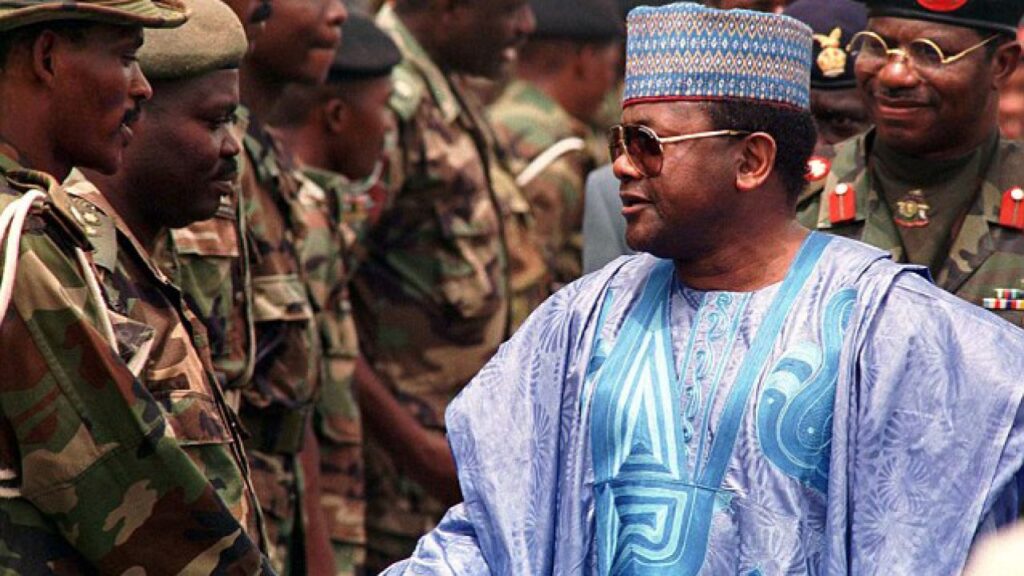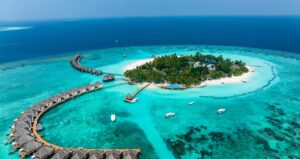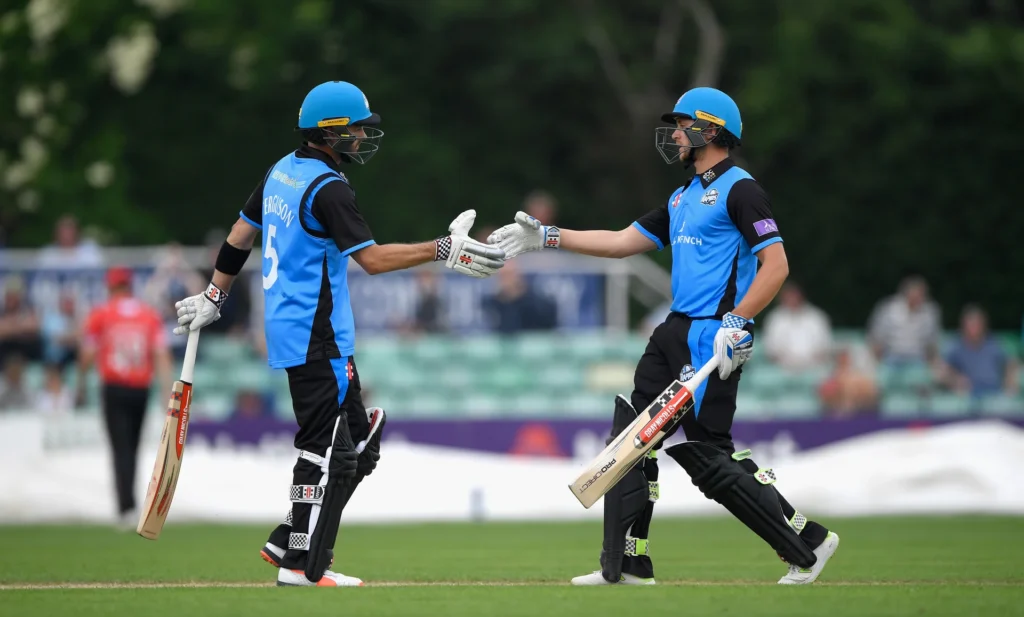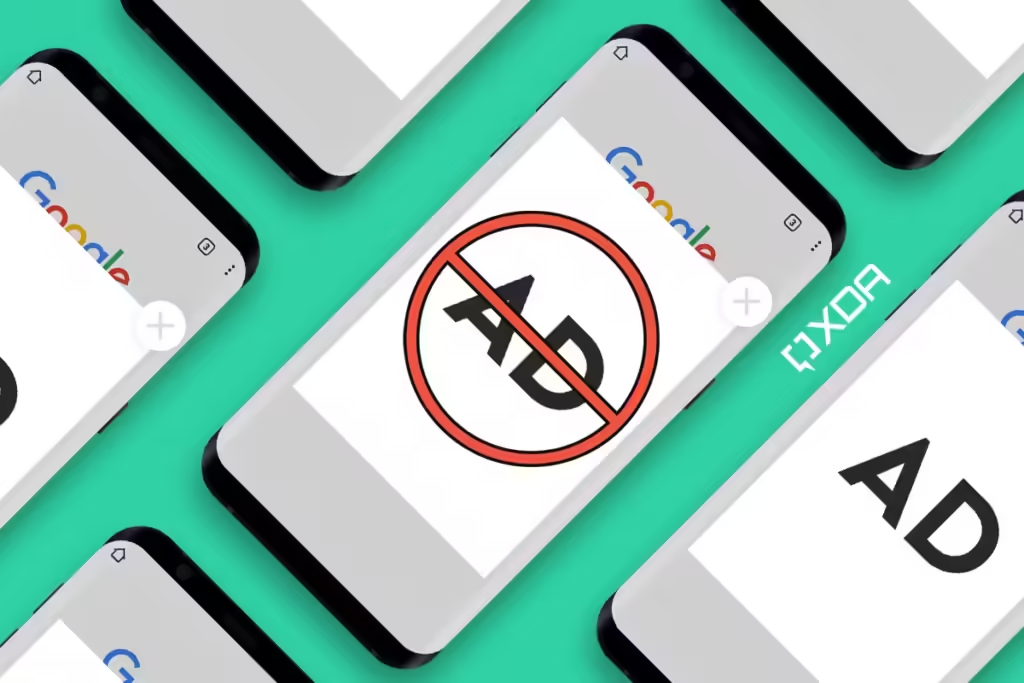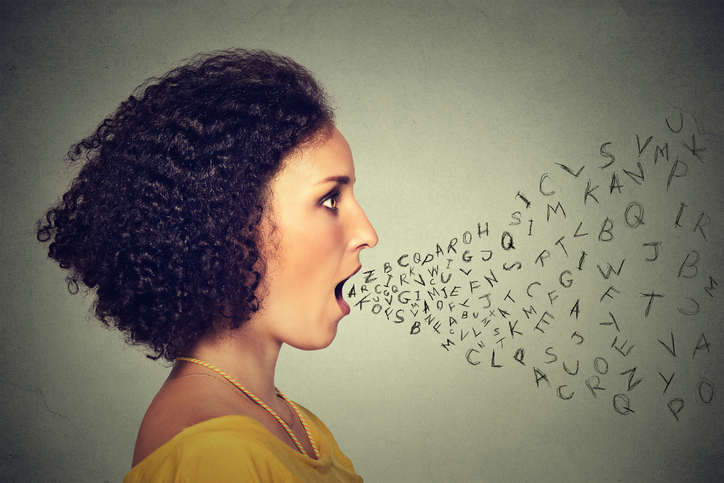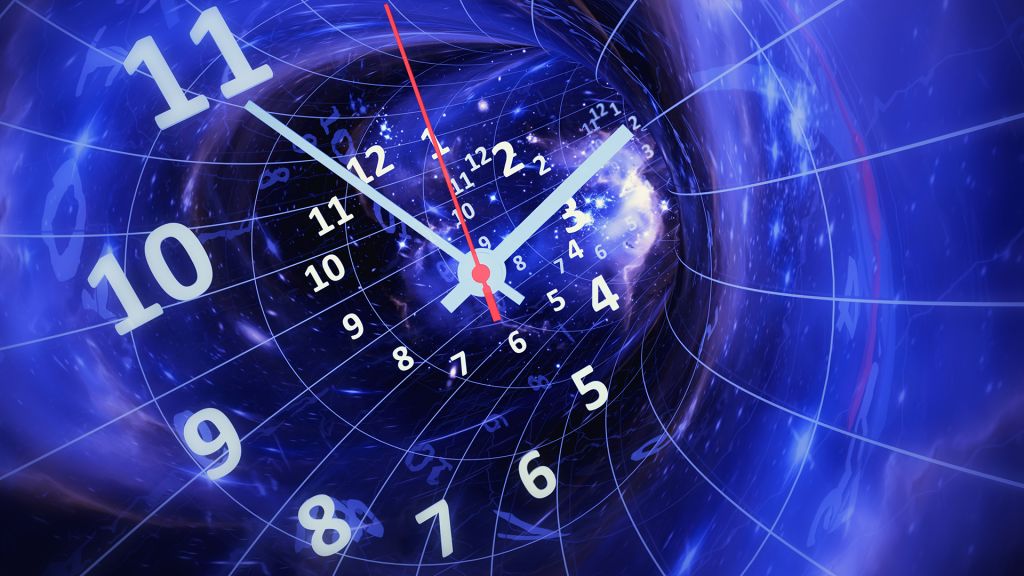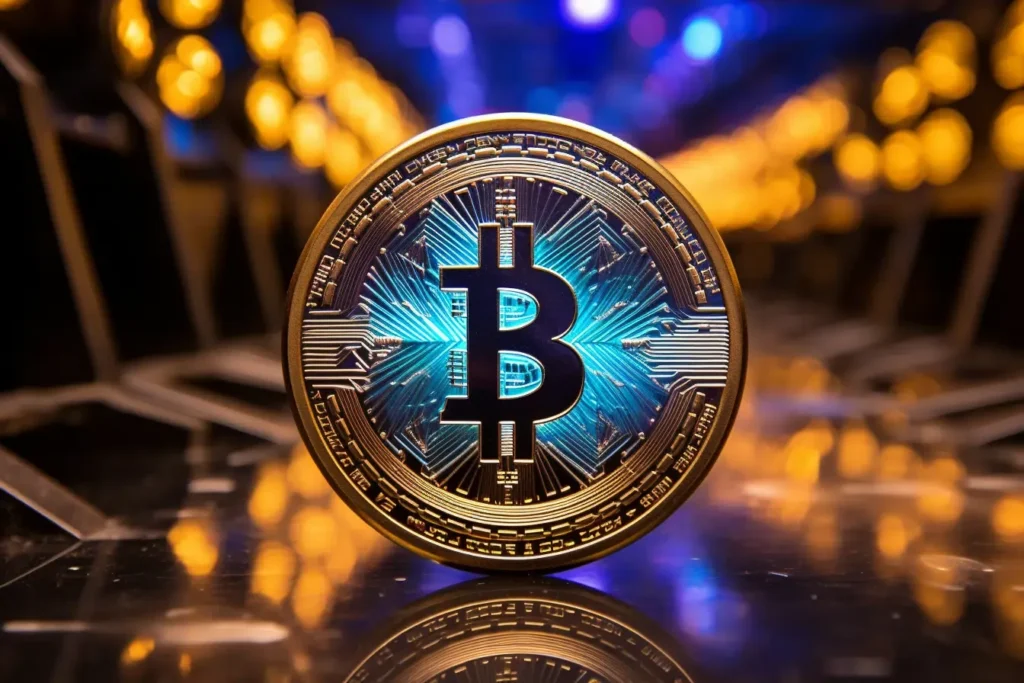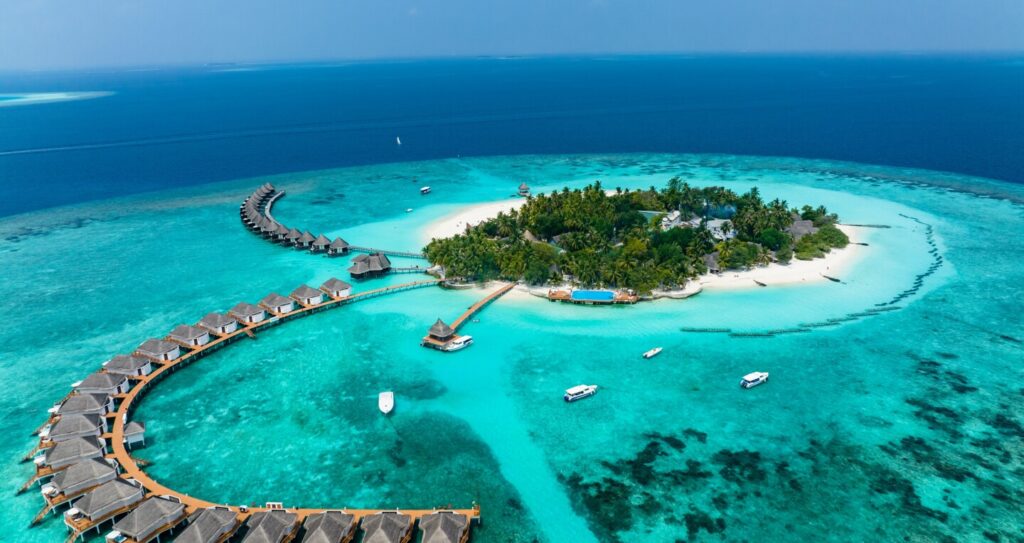Corruption in politics is a widespread issue that undermines governance, erodes public trust, and hampers development. It’s a problem that exists in various forms across the globe, affecting both developed and developing countries. In this article, we will discuss the top 10 corrupt politicians in the world, shedding light on their actions, the impact of their corruption, and how it was uncovered.
1. Mobutu Sese Seko (Zaire/Democratic Republic of the Congo)
Background:
Mobutu Sese Seko ruled Zaire, now known as the Democratic Republic of the Congo, from 1965 to 1997. His reign is often cited as a quintessential example of kleptocracy, where the country’s wealth was diverted to enrich the ruler and his close associates.
Corruption Details:
- Embezzlement: Mobutu siphoned off an estimated $4 billion to $15 billion from the country’s coffers.
- Lavish Lifestyle: Despite the country’s poverty, Mobutu lived a life of extreme luxury, including owning multiple palaces and private jets.
Impact:
His corruption left the country in severe economic decline, with widespread poverty and underdevelopment that the nation is still struggling to overcome.
2. Sani Abacha (Nigeria)
Background:
Sani Abacha was a Nigerian general who ruled Nigeria from 1993 until his death in 1998. His regime is notorious for human rights abuses and corruption.
Corruption Details:
- Stolen Funds: Abacha is estimated to have looted between $3 billion and $5 billion.
- Secret Accounts: He funneled money into offshore bank accounts and properties around the world.
Impact:
His actions severely damaged Nigeria’s economy and tarnished its international reputation, leading to a prolonged struggle to recover the stolen funds.
3. Ferdinand Marcos (Philippines)
Background:
Ferdinand Marcos served as President of the Philippines from 1965 to 1986. His tenure is marked by widespread corruption, nepotism, and political repression.
Corruption Details:
- Ill-Gotten Wealth: Marcos and his wife, Imelda, amassed an estimated $5 billion to $10 billion through embezzlement, kickbacks, and other corrupt practices.
- Lavish Lifestyle: The Marcos family lived extravagantly, with Imelda famously owning thousands of pairs of shoes.
Impact:
Marcos’s corruption led to economic instability and social unrest, culminating in the People Power Revolution that ousted him from power.
4. Hosni Mubarak (Egypt)
Background:
Hosni Mubarak was the President of Egypt from 1981 until his resignation in 2011 during the Arab Spring.
Corruption Details:
- Accumulated Wealth: Mubarak and his family are believed to have accumulated wealth amounting to between $1 billion and $70 billion.
- Misuse of Funds: They allegedly misused state funds for personal enrichment and used their positions to facilitate business deals that benefited them.
Impact:
His regime’s corruption contributed to widespread poverty and economic inequality, fueling the protests that led to his ousting.
5. Slobodan Milošević (Yugoslavia/Serbia)
Background:
Slobodan Milošević was the President of Serbia and later Yugoslavia during the 1990s, playing a significant role in the Balkan Wars.
Corruption Details:
- Stolen Funds: Milošević is reported to have embezzled millions of dollars from the state.
- Illegal Deals: He engaged in illicit arms deals and financial transactions that enriched himself and his inner circle.
Impact:
His corrupt practices, combined with his role in the wars, led to international sanctions and severe economic hardship for the region.
6. Viktor Yanukovych (Ukraine)
Background:
Viktor Yanukovych was the President of Ukraine from 2010 until his removal from office in 2014 during the Euromaidan protests.
Corruption Details:
- Embezzlement: Yanukovych is accused of embezzling billions of dollars from the state.
- Lavish Residence: His extravagant residence, Mezhyhirya, became a symbol of his corruption.
Impact:
His corruption and mismanagement led to economic turmoil and played a significant role in the political crisis that followed his ousting.
7. Robert Mugabe (Zimbabwe)
Background:
Robert Mugabe was the Prime Minister and later President of Zimbabwe from 1980 to 2017. Initially hailed as a liberation hero, his rule became increasingly authoritarian and corrupt.
Corruption Details:
- Wealth Accumulation: Mugabe and his cronies are believed to have amassed significant wealth through corruption and exploitation of state resources.
- Mismanagement: His policies led to economic decline, hyperinflation, and widespread poverty.
Impact:
Mugabe’s corruption and poor governance devastated Zimbabwe’s economy, leading to severe hardship for its citizens.
8. Teodoro Obiang Nguema Mbasogo (Equatorial Guinea)
Background:
Teodoro Obiang has been the President of Equatorial Guinea since 1979. His regime is notorious for corruption and human rights abuses.
Corruption Details:
- Personal Wealth: Obiang and his family have accumulated immense wealth, with allegations of embezzlement of state funds and illicit deals.
- Luxury Spending: They are known for their extravagant spending on luxury items and properties around the world.
Impact:
Despite the country’s oil wealth, corruption has kept most citizens in poverty, with poor infrastructure and services.
9. Nawaz Sharif (Pakistan)
Background:
Nawaz Sharif has served as the Prime Minister of Pakistan three times, with each term ending amid corruption allegations.
Corruption Details:
- Panama Papers: The Panama Papers leak implicated Sharif and his family in offshore holdings and unexplained wealth.
- Supreme Court Ruling: In 2017, Pakistan’s Supreme Court disqualified him from office over corruption charges.
Impact:
His corruption cases have led to political instability and have damaged public trust in the government.
10. Silvio Berlusconi (Italy)
Background:
Silvio Berlusconi served as Italy’s Prime Minister in four governments. His tenure was marred by numerous legal issues and scandals.
Corruption Details:
- Fraud and Bribery: Berlusconi faced charges of tax fraud, bribery, and abuse of office.
- Media Monopoly: He used his media empire to influence politics and protect his interests.
Impact:
Berlusconi’s corruption cases have left a lasting impact on Italy’s political landscape, contributing to a culture of cynicism and distrust.
Conclusion
Corruption among politicians is a significant issue that affects countries worldwide, leading to economic hardship, political instability, and loss of public trust. By highlighting the top 10 corrupt politicians in the world, we can better understand the pervasive nature of this problem and the importance of transparency and accountability in governance.
